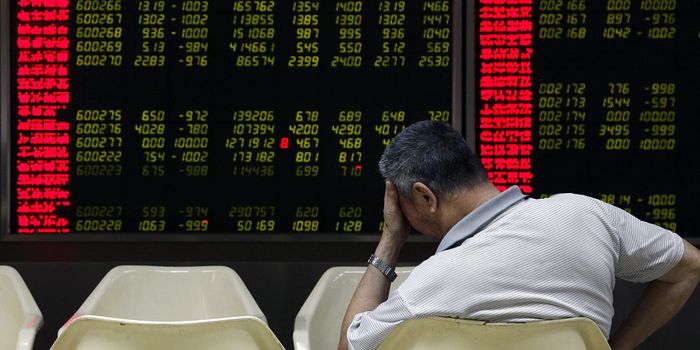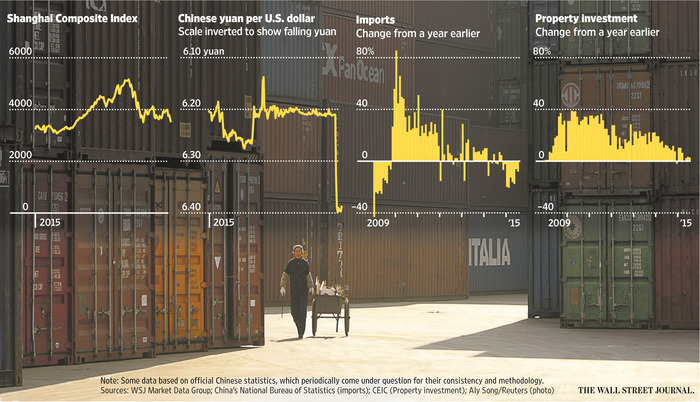The world’s second largest economy has struggled to hit its growth targets, though the Chinese government alleges China grew at a 7% growth rate in the second quarter. Regardless of the Chinese government’s beliefs on the economy’s growth rate (which many economists disbelieve), China’s economy has experienced significant trouble since June 2015.
The Chinese stock market has plunged nearly 40% since June. (To combat further declines, the Chinese government halted trading on over 20% of stocks.) In response, the Chinese government has decided to devalue the yuan (the Chinese currency), which makes it cheaper for other countries to buy Chinese goods. As China relies on exporting their goods to other countries, the government expects this move to spur growth.
Classy Lady Mallory Bell shares her thoughts on what a yuan devaluation means:
1) The yuan came down a little, but not a lot. When there is a large devaluation, investors expect that in the future it can only go up, but this one was too small so investors expect it to go down further in the future.
2) The US market is worried, because now US goods will be expensive to Chinese consumers. For example, the devaluation sent US oil and other exports to China way down.
3) Finally, with US economy in good shape, the Fed was expected to raise interest rates in September. But because this could strengthen the dollar further, many now expect the rate hike will be postponed.
Share this article:










